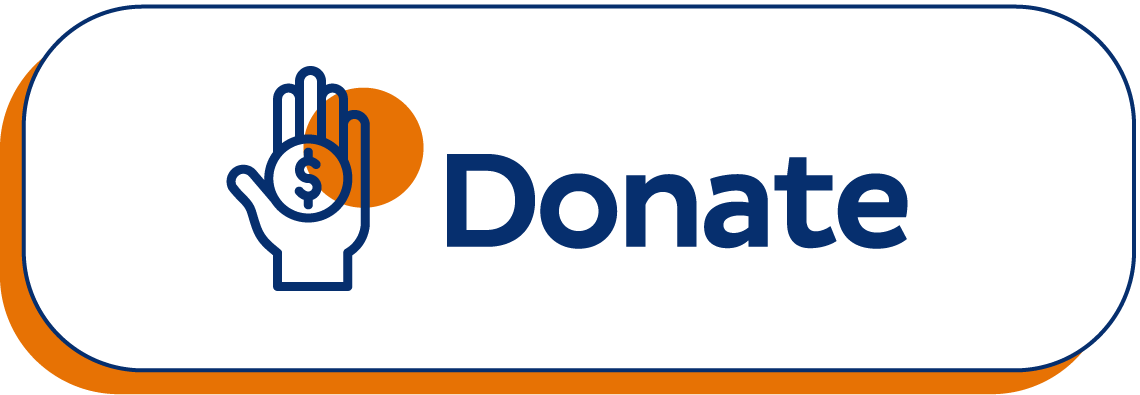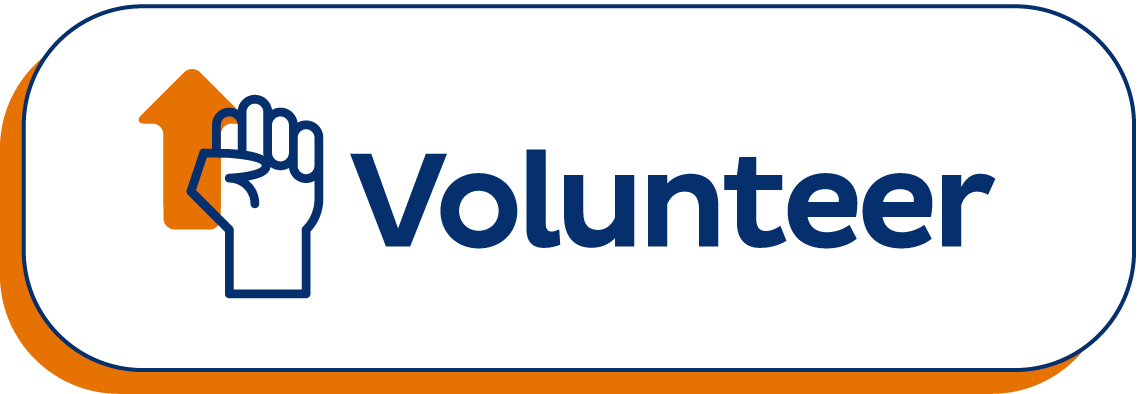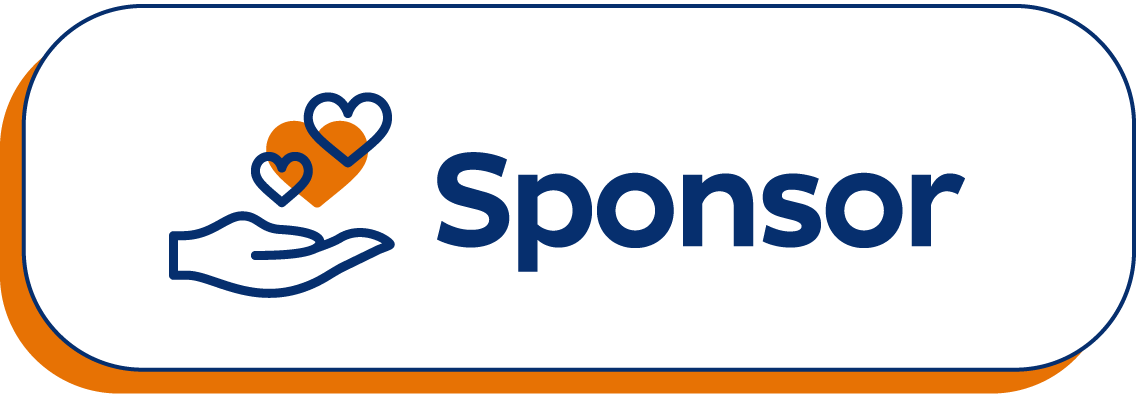| Shaun Chong Investment Professional at Temasek Holdings Bachelor of Business Administration - Finance (2015) Shaun pursued his Bachelor’s degree in Business Administration (Finance) at the NUS Business School, where he had a fruitful school life having participated in various extra-curricular activities such as being a Case Consultant at NUS Case Competition Group (CCG), Co-Head of NUS Investment Banking Club, and a resident of Kent Ridge Hall. Currently, he is an Investment Professional with Temasek Holdings, and boasts a strong portfolio in the Banking and Finance industry, having spent over 4 years previously with Citi’s investment banking team prior to his current experience at Temasek. |
What was your experience in school like? In terms of campus life, enrichment, environment in school? My time at NUS Business School was absolutely amazing – I’d say it was easily one of the best phases of my life. The faculty provided a healthy mix of academics and student life to ensure a holistic experience outside of the classroom. I was part of the NUS Case Competition Group (CCG) where I was fortunate enough to represent the university on the global stage in several international case competitions – including Serbia, Hong Kong, and Australia. My time with CCG was highly enriching as the training and exposure really played a huge role in honing my business acumen and presentation skills. I was also the Co-Head of the NUS Investment Banking Club, where I was primarily responsible for conducting financial modelling workshops and helping juniors access internship opportunities. The most memorable part of school was my 6-month student exchange programme at Barcelona, which really broadened my perspectives and allowed me to fully immerse myself in a new culture. I do hope exchange programmes will soon resume for the current batch of students as the pandemic situation improves – it was an invaluable, life-changing experience for me. Outside of Business School, I was a resident of Kent Ridge Hall – a place which provided me with a second home, allowed me to meet students from different faculties and presented a platform to pursue my personal interests such as floorball, theatre, community work and many others. Most importantly, many of my long-lasting friendships were forged at Kent Ridge Hall – most of us are still meeting on a frequent basis up until today. What is one piece of useful advice someone has shared which still sticks to you? Who did it come from? Where is the likeliest place or person to find meaningful advice from in university? I can’t recall exactly who this came from, but one piece of advice that has stuck with me over the years is “luck = preparation + opportunity”. I firmly believe everyone has the ability to create their own luck to a certain extent through sheer hard work, discipline and dedication. You will always want to be ready to pounce, seize and convert the opportunity when it inevitably comes knocking. I’d say the likeliest place to seek meaningful advice in university would be from seniors – especially those who have managed to achieve the same goals as yours. These are the people who are best positioned to pass down relevant guidance, given that they are in a similar phase of life and are empathetic to the pain points faced by students. What do you think is a good skill to have? Resourcefulness is definitely an essential life skill – everyone requires a large degree of this to successfully “hustle”, be it students or career professionals. Specifically, for the purpose of trying to break into the IB industry, I would strongly recommend pooling together financial resources with your fellow peers to access paid online resources from reputable websites – the quality of content is often better than free channels. Think of this as a low-risk investment with a large potential payoff – the knowledge and skill sets accumulated will be beneficial to you, regardless of whether you eventually land a role or not. On handling everything on your own, especially your work, did you struggle? Why or why not? What tips and tricks do you use to make your life easier or help you get by? This is especially since you are in the IB industry. I’ve had my share of trying times during my stint in IB – given the client-facing nature of the role, it is inevitable that you will need to make sacrifices in order to keep up with the demands of the job. As your personal time will be limited (especially when you’re first starting out), I believe the way to get by is to consciously identify and carve out time for things that matter the most to you. In my case, the two most important aspects were workout sessions and family meals or bonding sessions. Have you mentored anyone before? If so, what is your mentorship style? I have “mentored” quite a few people previously, but personally I don’t think of it as a form of “mentorship”. I fully understand the struggles of someone trying to break into the industry and was fortunate enough to be a beneficiary of receiving quality advice and direction from people with the right experience. With that in mind, I try to help others whenever I can as a form of paying it forward. I don’t have a specific style when it comes to providing guidance – it really depends on what the recipient is looking for at that point of time. On the “technical” front, I have done resume reviews, mock interviews, and financial modelling tutorials. Aside from that, I have also helped with assessing key decisions such as selecting offers by tapping on my own experience to identify the key considerations and trade-offs. I believe these are areas where I can best value-add to anyone seeking help. What is some advice you would give first-year students (with typically no work experience) to secure their first internship? Firstly, engage in large quantities of cold calling and emailing to boutique shops. Be ready to cast your net wide given that the odds are stacked against you. Secondly, try to tap on your personal network to search for opportunities. This can include family, relatives, friends, and seniors. Don’t be afraid to ask in a tactful manner – people are often more willing to help than you think. Lastly, find other ways aside from work experience to express your passion for the Finance industry on your CV. This can include describing your participation in special interest clubs, stock pitch / Corporate Finance competitions or bank-organized student programmes such as Deutsche Bank’s “Spring into Banking”. What founded your interest and motivation in IB? Was your interest cultivated slowly over time or did you always know that getting into the IB sector was your end goal? To be honest, my interest in IB only came about in my 2nd year in NUS when I was doing a course on corporate finance. I realized how much I enjoyed the subject and subsequently embarked on a binge-reading spree outside of the school curriculum. One of my favorites reads that really solidified my excitement for IB was the “Barbarians at the Gate”, a classic read that I would recommend for anyone interested in M&A and the private equity business. Another book high up my list is “Monkey Business” – a highly entertaining and surprisingly accurate read that delivers a first-hand insight into the life of an investment banker. Could you give us some advice on what the pathway to get into bulge bracket companies is? (e.g., Citibank, Morgan Stanley, Goldman Sachs) Firstly, do your best to secure relevant Corporate Finance or investments internship experiences on your resume – this can include stints with boutique shops and regional banks. The key is to be open to every opportunity on hand. Bulge bracket banks tend to favor candidates with prior experience in the sector. Don’t be afraid to take a leave-of-absence for a semester internship or re-arrange your schedule to make time for a part-time internship. Afterall, the most important outcome from university should be landing your dream job upon graduation. Secondly, read widely and practice regularly to keep your financial acumen sharp. It is important to stay abreast of financial news – my suggestion is to pick sub-sectors or industries that you are more interested in, so as to help keep up this habit amidst a busy schooling schedule. Also, equally important is the need to continuously hone your technical skill sets through reading interview guides and practicing financial modelling. Showing technical proficiency is often a base expectation from candidates. Thirdly, surround yourself with a support group that understands your goals and will try to help you achieve them. This can even include fellow peers who are applying for the same roles – you should view them as comrades rather than competitors. Securing a role with a bulge bracket bank is a challenging task and there will inevitably be times where you will feel particularly demoralized or overwhelmed. Try to make sure you don’t feel alone in this journey. Next, be absolutely familiar with your personal narrative. This includes your past experience, goals, motivations, and personal interests. In particular, make sure you consistently rehearse your opening introduction to the point where you can remember it in your sleep. It will be essential to stand out and leave a strong impression when competing against an army of candidates during bulge bracket interviews. That being said, the most important thing is to be confident about being yourself and let your personality shine through. Lastly, I would encourage anyone not to be disheartened if you don’t land an internship or full-time opportunity with a bulge bracket bank. Doing so does not determine one’s success or self-worth. In any case, I have seen countless examples of people who have eventually worked their way in a few years after graduation or even mid-career – these people often become highly respectable, stand-out performers in the team. As cliché as it sounds, the key is to show patience, persistence, and perseverance in chasing your dreams. Key to Success: "The most important thing is to be confident about being yourself and let your personality shine through.” Interviewer/Editor/Writer: Yuen Jiajun, NUS BBA Year 2 and Kiara Chern, NUS BBA Year 2 |






